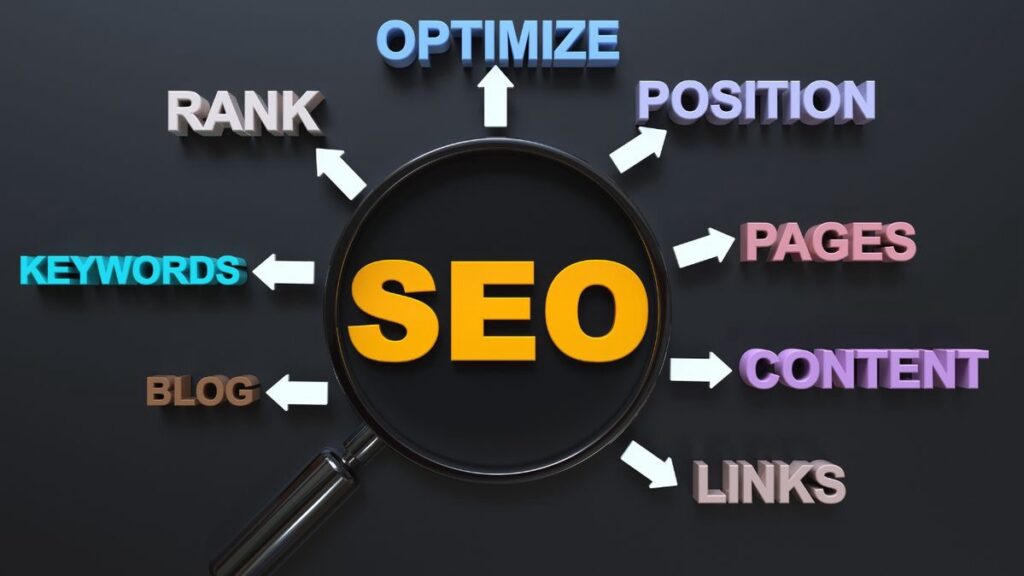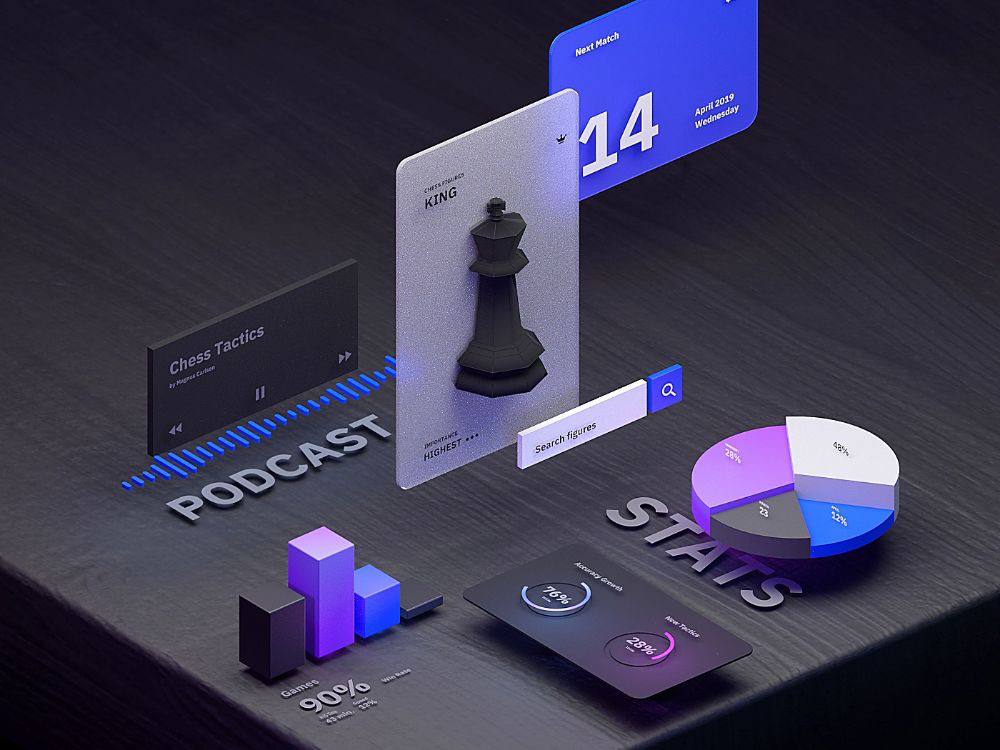Search Engine Optimization (SEO) and Pay-Per-Click (PPC) advertising are two crucial strategies for businesses to reach their target audience. However, what works for one industry may not work for another. In this article, we’ll delve into the differences in SEO and PPC strategies across various industries, highlighting the unique challenges and opportunities that each presents.
Industry 1: E-commerce
E-commerce businesses face intense competition, with thousands of products vying for attention. To succeed, e-commerce companies must focus on:
- Long-tail keywords: Targeting specific product-related keywords to attract relevant traffic.
- Product page optimization: Ensuring product pages are optimized for SEO, with high-quality product descriptions, images, and reviews.
- Google Shopping: Utilizing Google Shopping campaigns to increase product visibility and drive sales.
- Retargeting: Implementing retargeting ads to reach users who have abandoned their shopping carts or visited the website without converting.
Industry 2: Healthcare
Healthcare organizations must navigate complex regulations and establish trust with their audience. Effective SEO and PPC strategies for healthcare include:
- Authority-building content: Creating high-quality, informative content that establishes the organization as a trusted authority in the healthcare space.
- Keyword research: Targeting specific keywords related to medical conditions, treatments, and services.
- Location-based targeting: Targeting specific geographic locations to reach patients in need of local healthcare services.
- Compliance-focused ad copy: Ensuring ad copy complies with healthcare regulations, such as HIPAA.

Industry 3: Finance
Financial institutions must balance regulatory requirements with the need to attract customers. Successful SEO and PPC strategies in finance involve:
- Security-focused messaging: Emphasizing security and trust in ad copy and website content.
- Keyword targeting: Targeting specific keywords related to financial products and services, such as loans, credit cards, and investments.
- Location-based targeting: Targeting specific geographic locations to reach customers in need of local financial services.
- Regulatory compliance: Ensuring all marketing efforts comply with financial regulations, such as GDPR and FINRA.
Industry 4: Travel
Travel companies must inspire and persuade potential customers to book their next trip. Effective SEO and PPC strategies in travel include:
- Visual storytelling: Using high-quality images and videos to showcase destinations and experiences.
- Long-tail keywords: Targeting specific keywords related to travel destinations, activities, and accommodations.
- Location-based targeting: Targeting specific geographic locations to reach travelers planning trips to those areas.
- Last-minute deals: Offering limited-time promotions and discounts to incentivize bookings.
Industry 5: Education
Educational institutions must attract students and establish their reputation as thought leaders. Successful SEO and PPC strategies in education involve:
- Authority-building content: Creating high-quality, informative content that establishes the institution as a trusted authority in its field.
- Keyword targeting: Targeting specific keywords related to academic programs, courses, and research areas.
- Location-based targeting: Targeting specific geographic locations to reach students in need of local educational opportunities.
- Scholarship and financial aid messaging: Highlighting available scholarships and financial aid options to attract prospective students.
SEO and PPC strategies are not one-size-fits-all solutions. Each industry presents unique challenges and opportunities, requiring tailored approaches to succeed. By understanding the specific needs and nuances of your industry, you can develop effective SEO and PPC strategies that drive meaningful results and help you achieve your business goals.











